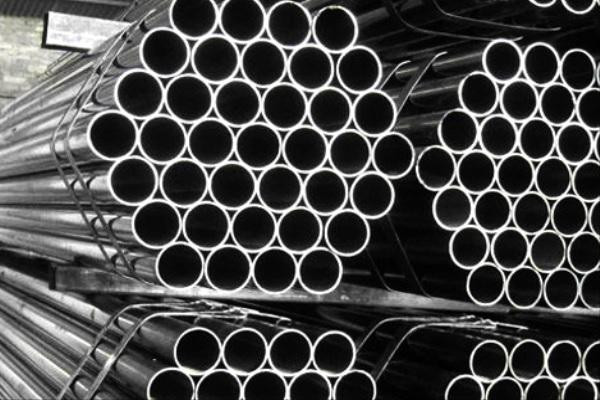Stainless steel pipes offer numerous benefits due to their unique properties and versatility. Here are some of the key advantages of using stainless steel pipes:
Corrosion Resistance: Stainless steel is highly resistant to corrosion, making it suitable for a wide range of applications, especially those involving exposure to moisture, chemicals, and harsh environments. This resistance helps to extend the lifespan of stainless steel pipes.
Durability: Stainless steel pipes are known for their strength and durability. They can withstand high-pressure conditions and are less likely to crack or deform compared to other materials, ensuring long-term reliability.
Low Maintenance: Stainless steel pipes are relatively low-maintenance compared to some other materials. They do not require regular painting or coating to protect against corrosion, reducing maintenance costs over time.
Hygienic Properties: Stainless steel is easy to clean and maintain sanitary conditions, making it ideal for applications in the food, pharmaceutical, and healthcare industries. It is also non-porous, which prevents the absorption of contaminants.
High Temperature Resistance: Stainless steel can withstand high temperatures without losing its structural integrity, making it suitable for applications that involve extreme heat, such as in industrial furnaces or exhaust systems.
Aesthetic Appeal: Stainless steel has a sleek and modern appearance, making it a popular choice for architectural and decorative applications, including handrails, balustrades, and interior design elements.
Recyclability: Stainless steel is a fully recyclable material, and its high scrap value encourages recycling and sustainability efforts. This reduces the environmental impact of stainless steel production and disposal.

Strength-to-Weight Ratio: Stainless steel has a favorable strength-to-weight ratio, making it suitable for applications where weight is a concern but strength is essential, such as in aerospace or automotive components.
Resistance to Chemicals: Stainless steel pipes are resistant to a wide range of chemicals, acids, and alkalis, making them suitable for chemical processing, petrochemical, and wastewater treatment industries.
Longevity: Stainless steel pipes have a long service life, often outlasting other materials. This reduces the need for replacements, resulting in cost savings over the long term.
Versatility: Stainless steel pipes are available in various grades and sizes, making them suitable for a wide range of applications, from plumbing and construction to industrial processes and transportation.
Environmental Benefits: Stainless steel's durability and recyclability contribute to its sustainability. Using stainless steel pipes can help reduce the overall environmental impact of a project or application.
It's important to select the appropriate grade of stainless steel based on the specific requirements of your application, as different grades have varying levels of corrosion resistance, strength, and temperature tolerance. Additionally, stainless steel pipes can be more expensive than some other materials upfront, but their long-term benefits often justify the initial investment.
For more info : –
Source Url :- https://sites.google.com/view/kianhuatmetalo/home




